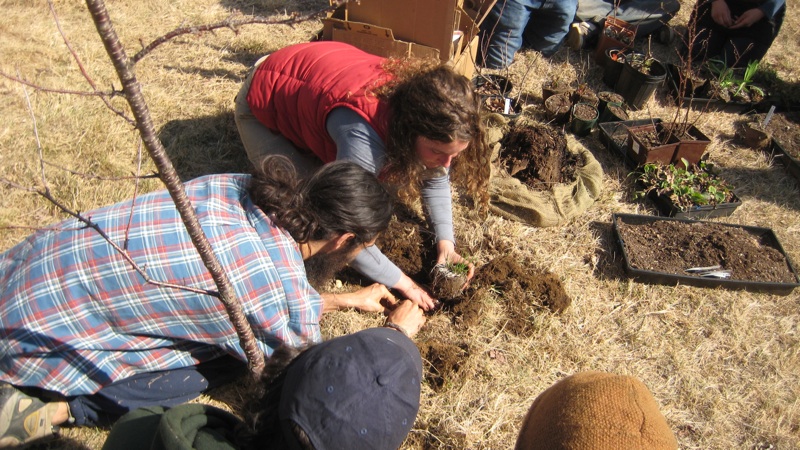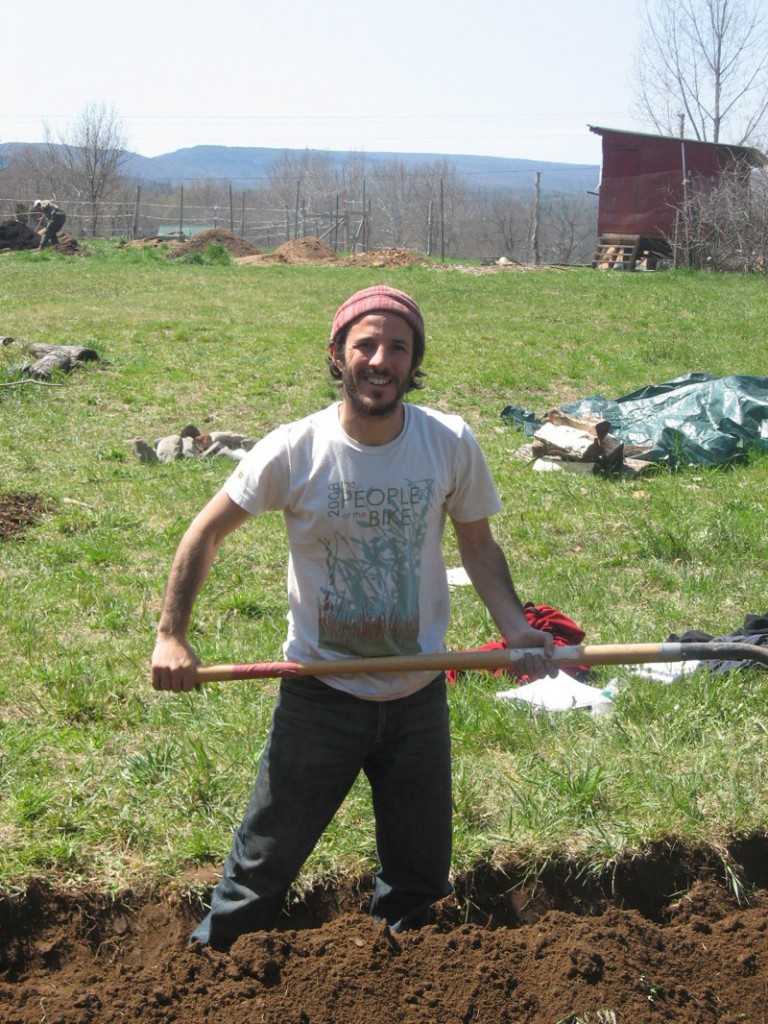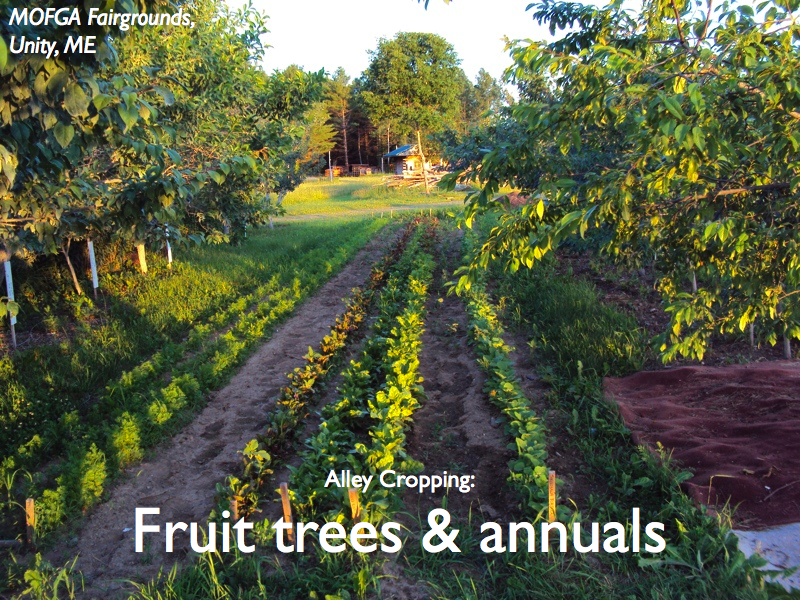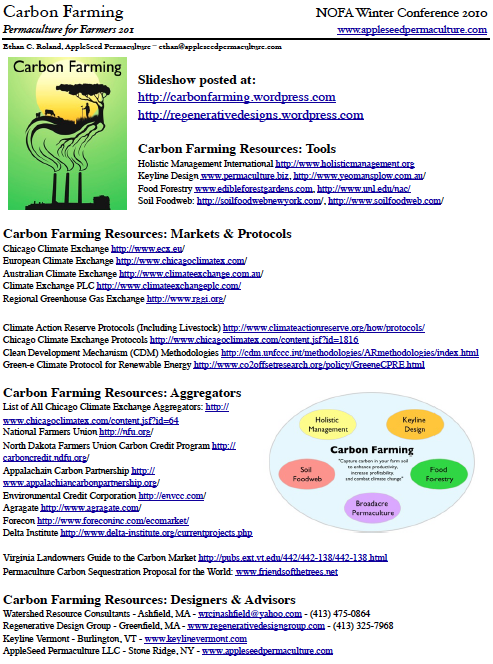Permaculture designers: It’s time to get serious about profitability.
Farmers & Greenhorns: You already know what I’m talking about.
I’ve been working on an integrated ecological farm design for the Ashokan Center in the Hudson River Valley bioregion. The design calls for a mega-diversity of organic enterprises: Multi-species rotational grazing, hardy kiwi vineyards, mixed-fruit orchards, agroforestry & silvopasture, no-till & greenhouse vegetables, gourmet & medicinal mushrooms, and more. There are 200+ edible & useful species spread across 13 acres of farm and 200+ acres of forest.

But to start an ecological farm (in the USA at this point in time) takes money. In order to justify the up-front capital expense that my clients will have to invest to get this farm going, I need to be able to show them that this mega-diverse permaculture system can be profitable.
How can I do it? How can I predict the potential expenses, and calculate the possible profits? What can I show my clients to convince them that all of these great permaculture ideas make good economic sense?
By using Enterprise Budgets.
Enterprise budgets are summaries of actual data on the costs and yields of growing a particular crop — from asparagus to tilapia to black currants to walnuts to cattle to shitake mushrooms. The basic pattern is as follows:
INCOME – EXPENSES = NET INCOME
- INCOME (aka revenue, receipts, gross revenue, gross income – sometimes shown with a break-even chart)
- EXPENSES (aka costs – often divided into variable costs & fixed costs)
- NET INCOME (aka margin, gross margin, annual returns over costs)
Pretty straightforward, right?
For example, download a simple Bell Pepper Enterprise Budget from Penn State here and take a look.

As you move into perennial crops (like this pear example), the enterprise budgets get a bit more complex. AND, there are currently very few enterprise budgets that focus on small-scale, organic and post-organic permaculture enterprises. So we’ll need to develop based on the small-scale enterprises we initiate — this means learning the basics of good bookkeeping and accounting, and keeping good records on our expenses and yields. Some of the best current documentation on this scale comes from Joe Kovach at Ohio State University – take a look at his work here.
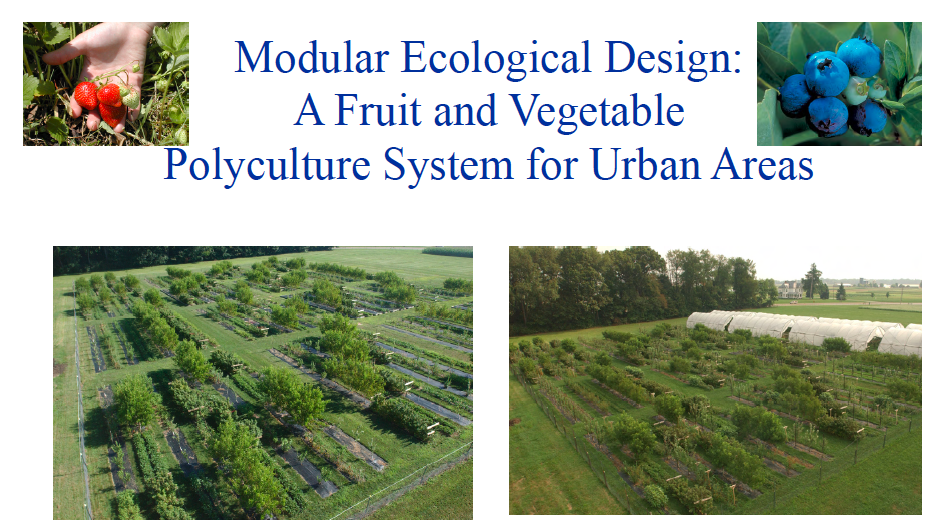
In Kirk Gadzia’s Holistic Management module during the Carbon Farming Course, our financial planning exercise (which you can read about over at the Carbon Farming Course blog here) focused on choosing agricultural enterprises to re-invigorate an ailing farm. To bring the whole-systems thinking of permaculture into play, I needed to propose viable multi-functional alternatives to the simple and unprofitable hay production. Fortunately, I’ve been collecting every single enterprise budget available on the web for the last year — so I had many options, from seaberry & hazelnut orchards to perch & bullhead catfish aquaculture. (The systematic collation and organization of all these budgets creates the backbone of the economic design tool for ecological agriculture enterprises I blogged about here.)
In order to support the ongoing development of ecological agriculture, I’m making available to you all the all the enterprise budgets I have collected in the last 2 years – more than 1090 of them. I ask only that you keep seeking and creating out new budgets to add to the collection – especially ones that use real data from small-scale organic and permaculture operations. Download ’em here – careful, this is a 130mb file.
Any questions?
Permies, are you ready to get realistic about profitability? Let’s get this sort of economic sensibility into our designs.
Farmers & Greenhorns, how can I make this information more available and useful to you?
 This will be the forty-first annual Summer Conference and will be held from August 14-16 at the University of Massachusetts, Amherst.
This will be the forty-first annual Summer Conference and will be held from August 14-16 at the University of Massachusetts, Amherst.

